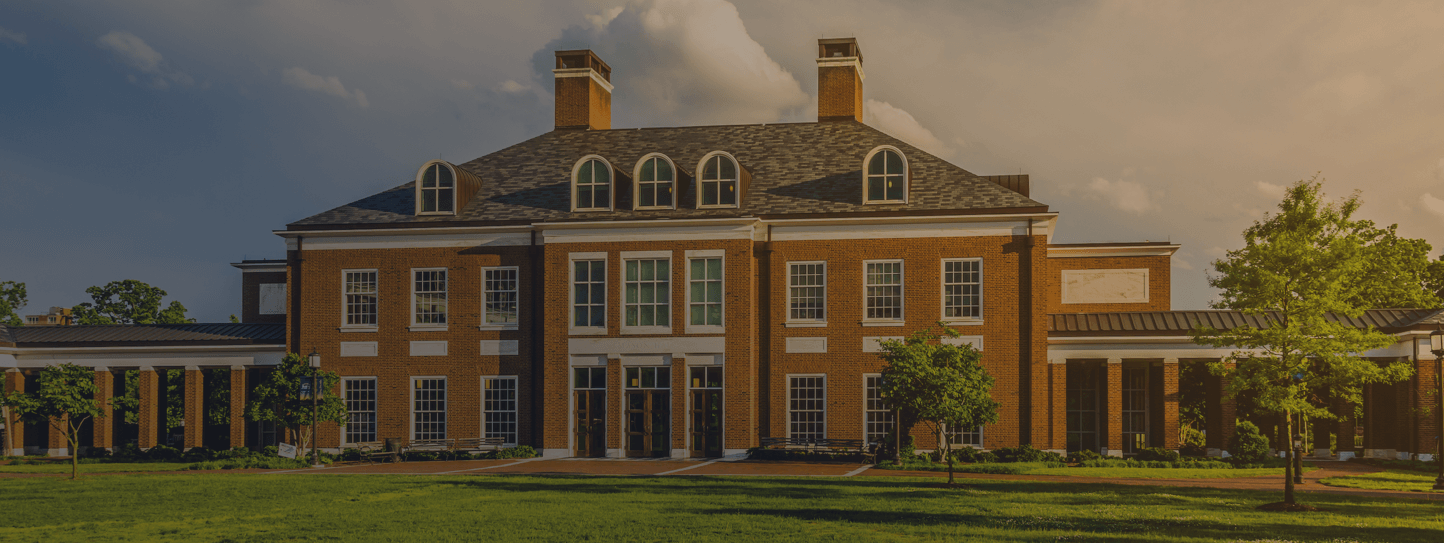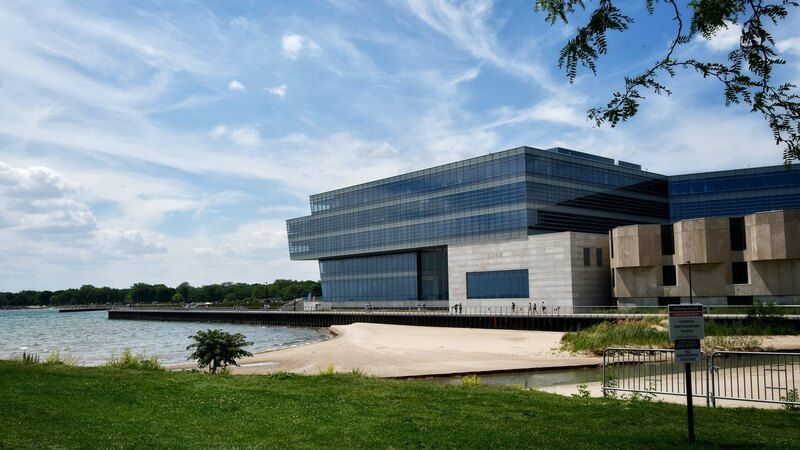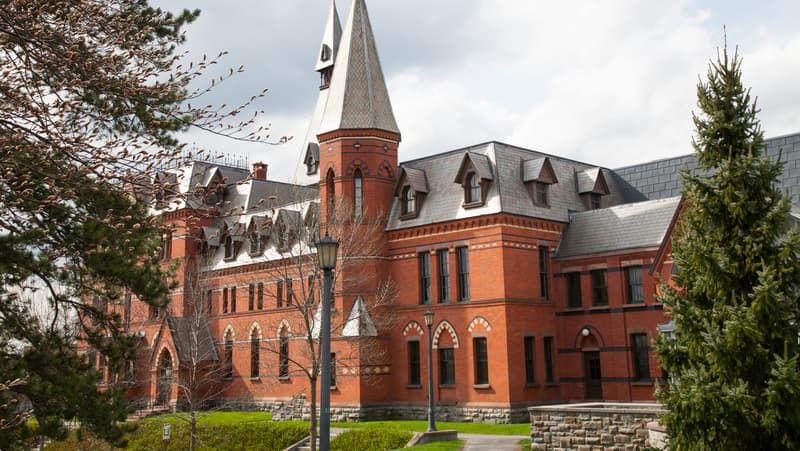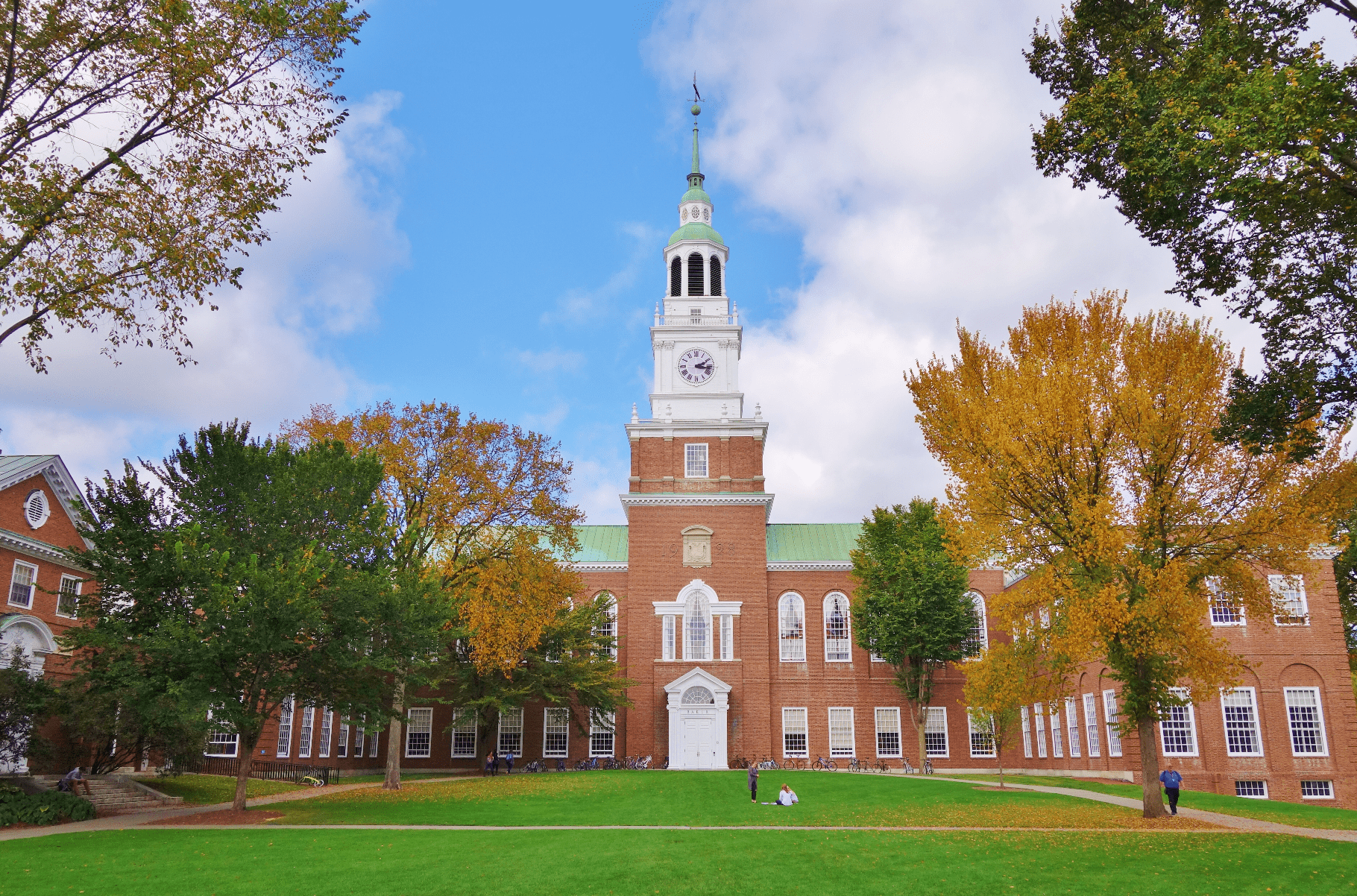Our Services
About Us
ResourcesNew
Rankings

#7
US News

#24
QS World
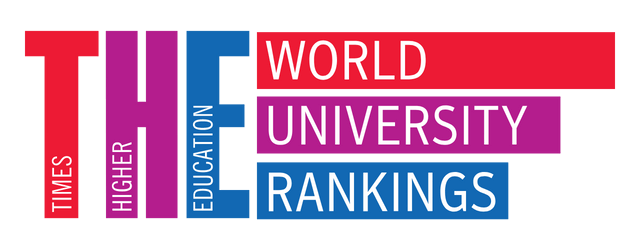
#15
THE World Rankings
Admissions Overview
Application Deadlines
Early Decision I: Nov. 1
Early Decision II: Jan. 3
Regular Decision: Jan. 3
Common App
Accepted
Class Rank
Considered
SAT/ACT
Optional
Recommendation Letters
2 Teacher Evaluations
TOEFL, IELTS, iTEP, or PTE
Optional
Popular Majors
12% Cellular and Molecular Biology
The Johns Hopkins Department of Biology offers a rigorous undergraduate program leading to either a BA or a BS degree, as well as a five-year program leading to a combined bachelor’s/master’s degree.
10% Neuroscience
The neuroscience major is a four-year BS degree based primarily on coursework and research. It is designed to provide rigorous preparation for advanced study in a PhD program.
10% Computer Science
The CS department at JHU offers a Bachelor of Science degree as the primary technical program for undergraduates and a Bachelor of Arts degree for students desiring a liberal arts focus.
8% Biomedical Engineering
The undergraduate program provides a strong foundation in mathematics, engineering, science and the humanities and social sciences.
8% Public Health Studies
The Public Health Studies Program offers undergraduates a major that links them to the world of public health through core courses taken on the Homewood campus.
6% Economics
Economics is the study of how markets and economies operate and the role of government in an economy. The discipline is traditionally divided into microeconomics and macroeconomics.
